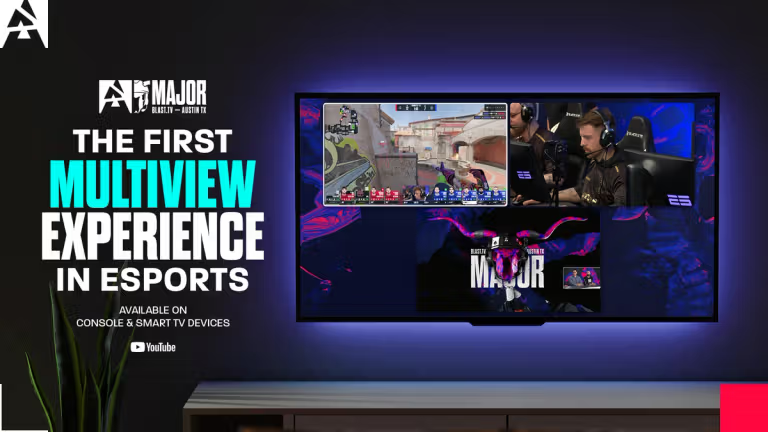
Cryptocurrencies and Esports: the bromance that never was
The world of esports has been plagued with issues related to fraud and dishonesty since day one. There are thousands of examples of partners, tournament organizers not paying their fair share of money to players and teams. On top of that the esports world at its most fundamental level is not built like traditional sports industries. Breakout teams and players come out of a semi-professional/amateur settings and most of them are not incorporated or even possess the adequate means to navigate the more “complex” world of established business and payment practices. For those simple reasons the early prizes in esports were “cash on hand” or at worst “compensation with tech” just to avoid dealing with financials.

Blockchain technology and cryptocurrency enthusiasts have hinted a natural link between the worlds for a few years now. It was a logical conclusion to assume that the two worlds collide when they share the same target demographic. Millennials are driving the growth in both industries.
While esport was first growing up in the early 2000s, the fraudulent behavior or non-delivery situations were fewer and further apart. News of such behavior was spread around teams quietly and as a result events were boycotted. But the “rebirth” of esports post 2010 saw huge influx of esport enthusiasts both players and business and as a result the non-delivery practices intensified. During the period of the esports renaissance, the blockchain world became an obsession for the masses. Bitcoin and various altcoins, as well as digital currencies and blockchain technologies took over the world in the past decade. Find out more about esports betting with bitcoin.
All of the above of led to the natural conclusion that cryptocurrencies and smart contracts can cure the ails of the developing esports world. But in reality the “cure’s” potential is being underutilized.
While some tournament organizers have pledged to make cryptocurrencies a method of delivering prizes and ease the transfer of funds to players, the “traditional cryptocurrencies” have not found much way into the esport player world. Platforms like Dreamteam.gg are among few that utilize their own token currency to facilitate payments between players, partners, tournament organizers and teams in an all-encompassing platform.
Digital currencies and smart contracts on the other hand have found a larger market in the online betting and fantasy sports world. The more traditional betting world has accepted cryptocurrencies as a potential payment method while the more specialized esports betting world has developed their own digital currencies eg. (Unikrn, Skrilla). Up and coming platforms like Digital Fantasy Sports (DFS) promise a tradeable specialized cryptocurrency for predicting and playing fantasy sports & esports.
Cryptocurrencies will undoubtedly take over the esports fantasy and betting world due to their accessibility and ease of transfer, but the larger esports ecosystem might be becoming too “traditional” for these technologies. The past two years have seen a hard shift in the esports world towards franchising, professional leagues and traditional sports. As massive funding from more traditional sports organizations is dumped into every nook and cranny of the esports world the entire industry is receiving a new layer of stability. For the cryptocurrency world this means only being relegated to serving the niche semi-professinal aspect of esports and the esports betting segment.












